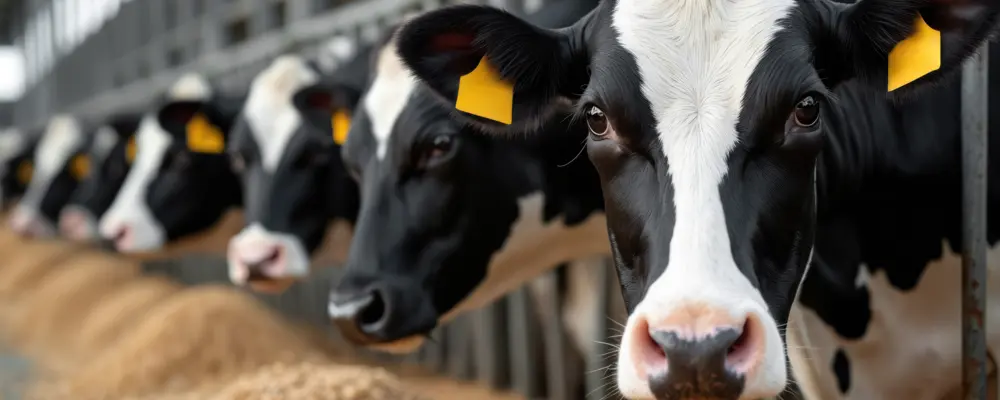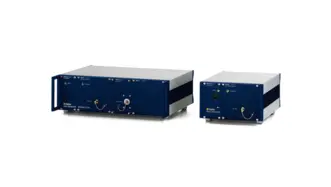Feed quality control with NIR
About 20 percent of worldwide grain is fed to animals - in the EU, it’s almost 60 percent. Animal feeding has an impact on many areas of agriculture: productivity, environmental emissions, water pollution, land use, animal health, product safety, product quality, and animal welfare.
Every sector of the livestock industry, related services, as well as animal and human welfare, depend on animal nutrition. Proper animal feeding is the provision of a diet balanced in all nutrients and free from harmful components in an amount that meets the production objective, takes into account the physiological condition of the animal, and results in animal products that are safe for human consumption. The availability of accurate, reliable, and reproducible analytical data is essential for proper feed formulation.
All feed ingredients should be analyzed for nutrient concentration in order to maintain an optimal balance between feed costs and productivity. However, feedstuffs vary greatly in composition depending on the origin of the raw materials and seasonal changes throughout the year. Polytec NIR spectrometers provide a fast and effective solution for analyzing raw materials and finished feeds to optimize production steps and ensure the quality of the final product.
What are the advantages of inline NIR spectroscopy?

Talk to our experts
Our experts are ready to support your projects with tailored measurement solutions or support you in measuring what matters — get in touch with us today.

